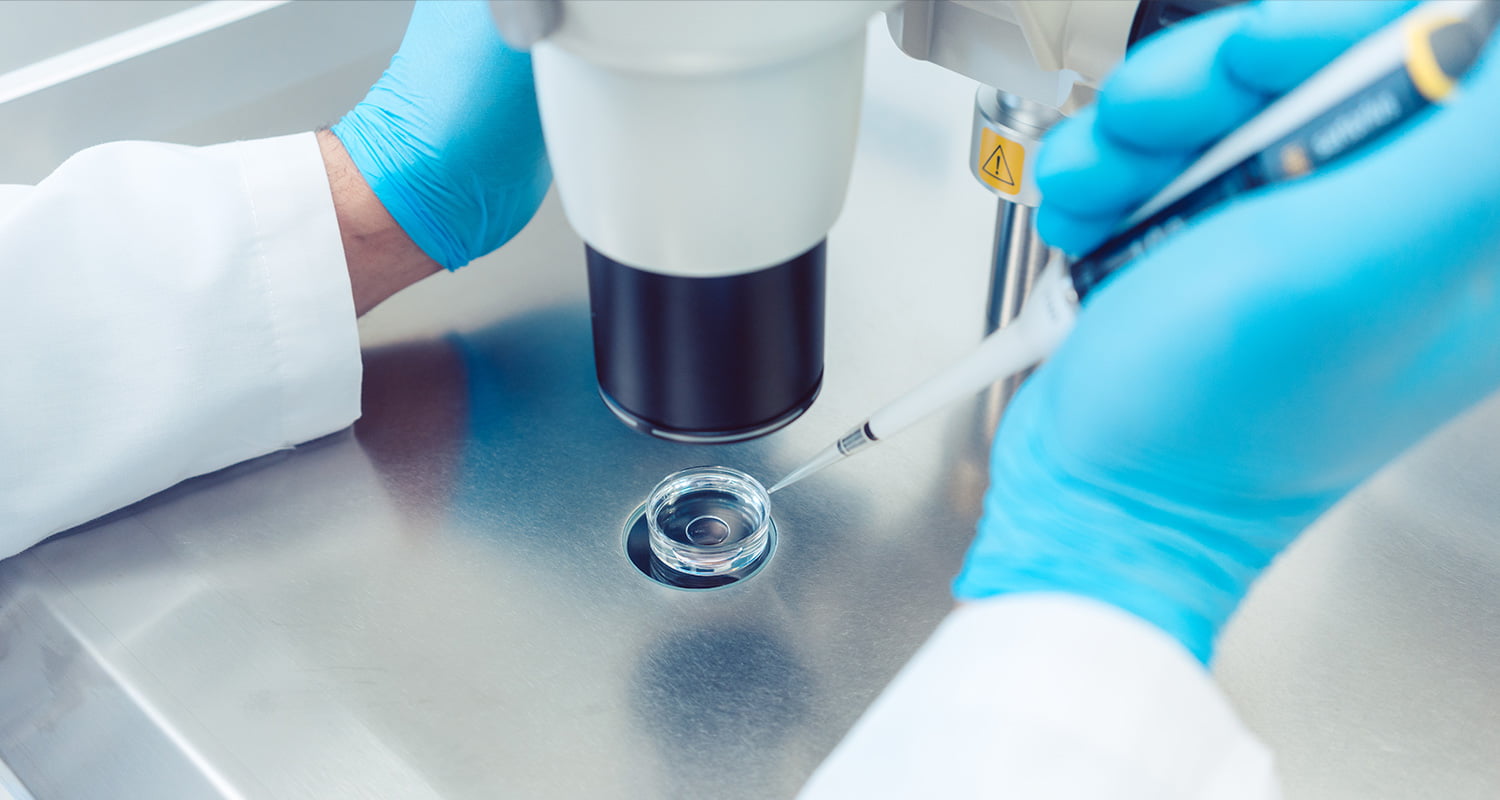
Analgesia, recovery and care after puncture for oocyte collection and embryo transfer
Ovarian puncture for oocyte collection is a short surgical procedure performed under sedation. It consists of collecting oocytes (female gametes) from the ovaries, under ultrasound control, through the vagina, using a specific needle.
After this procedure, the woman remains for some time in the recovery room, where she has a small meal, is given training and is given an information leaflet regarding the care to be taken and the medication to take after discharge.
At home, you need to be aware of certain signs and symptoms so that your recovery is without complications.
On the day of the ovarian puncture you must:
- Take complete rest;
- Eat light meals to avoid nausea and vomiting;
- Monitor vaginal blood loss;
- You should not drink coffee or alcoholic beverages;
- You should not drive (reflexes and memory only return to normal after a few hours);
- Abdominal discomfort or pain may occur, similar to menstrual cramps. In this case, you should take the painkillers that were indicated to you in the recovery training;
- Start taking the medication, as instructed (orally or vaginally), which will prepare the uterus to receive the embryos and allow their implantation;
- If you have a fever, pain that does not subside with the prescribed medication, significant vaginal blood loss, nausea or repeated vomiting, you should contact your doctor using the contact details provided.
After ovarian puncture to collect oocytes and fertilization in the laboratory (oocytes and sperm), it is necessary to perform embryo transfer.
Embryo transfer is a simple procedure that involves placing the embryo inside the uterine cavity (endometrium). Specific catheters are used and ultrasound is used to better visualize the uterine cavity. This allows the couple to calmly follow and understand the entire process.
Embryo transfer is usually performed 3 to 5 days after fertilization of the gametes; sedation or fasting are not usually necessary; the bladder should be full to improve visualization of the structures during the ultrasound.
The blood test to determine whether there is pregnancy is Beta hCG and should be performed approximately 12 days after embryo transfer.
After embryo transfer the woman must:
- Stay at rest on the day of the transfer;
- Lead a peaceful life, without much physical effort until the Beta hCG day;
- Keep taking all the medication you are taking until the day of the Beta hCG test and then you will receive new instructions;
- You must not travel by plane until 24 hours after the transfer;
- You must abstain from sexual intercourse for up to 5 days after the transfer;
- As soon as you receive the analysis results, you should contact the team of professionals who are monitoring you.
This period of waiting for results, after several weeks of treatment, is perhaps the most anxious and fearful phase for the couple. They should find all the support and information they need from the team of professionals who have been supporting them since the beginning of this entire process.
